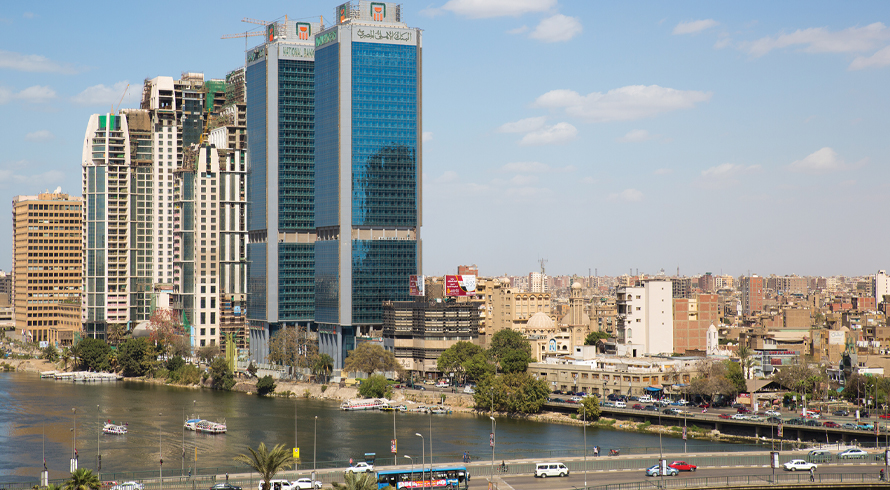What about a minimum national wage for South Africa?
President Zuma recently announced measures to resolve the labour troubles afflicting especially the mining sector. In his state of the nation address he announced, amongst other things, the appointment of an Inter-Ministerial Committee on the Revitalisation of Distress Mining Communities.
Further, he called on the social partners to "deliberate on the wage inequality" and committed the government to investigate the possibility of a national minimum wage. There is no uniform minimum wage that applies nationally.
Minimum wages have been determined in terms of at least twelve sectoral determinations such as the agricultural, security, hospitality and taxi sectors, and for domestic workers. Bargaining Councils determine minimum (and other) wages in Bargaining Council Agreements within their areas of jurisdiction.
A national minimum wage is not uncommon. In Brazil, the minimum wage is adjusted annually by the inflation rate. In the UK, different rates apply based on age and other factors. Usually the rates for domestic workers are set separately to avoid a too-low national minimum.
On 18 May 2014 the Swiss voted on a proposal to increase their minimum wage - of $4,538 per month - by an additional $25 per hour. The attempt was led mainly by the unions to secure equal pay a hefty 76% of the voters rejected the proposal. In the weeks and months preceding the vote the pros and the cons of mandatory minimum wages were widely debated. Ultimately the argument prevailed that many of the estimated 330,000 workers (10% of the working population) who are paid less than $4,538 per month may end up out of work if the proposal was introduced.
Another growing concern was that the annual immigration of approximately 100,000 workers, including their families and relatives, under the EU/Swiss Free Movement Treaty 2002 would be further increased by the introduction of the increased minimum wage which would have been the highest in the world.
In South Africa, the SA Institute of Race Relations reported a substantial drop in the number of farm workers from 1993 to 2007, before the recent substantial increase in the minimum wage for farm workers. One of the reasons was increasing mechanisation on farms. Higher labour costs may expedite this unintended consequence.
A minimum wage is usually informed by a demand for a living wage with reference to a percentage of the average income of workers in a country. Various factors will however have to inform a national minimum wage in South Africa. The socio-economic reality is but one.
One of the more serious challenges will be to strike a balance between sectoral determinations, a national minimum wage and the role of collective bargaining in bargaining councils and at plant level. At present, vast differences exist between the (minimum) rates established through these mechanisms for the various sectors.
The level of a national minimum wage will undoubtedly have an effect, especially on collective bargaining in all the existing forums. The collective bargaining structures most probably will attempt to build upon a national minimum wage as a starting point for increases.
Large scale unemployment may continue if the minimum wage is set too high, especially if it is set having regard to a living wage or the average income of workers in employment without also taking into account productivity, affordability and the need to compete in international markets.
The information and material published on this website is provided for general purposes only and does not constitute legal advice. We make every effort to ensure that the content is updated regularly and to offer the most current and accurate information. Please consult one of our lawyers on any specific legal problem or matter. We accept no responsibility for any loss or damage, whether direct or consequential, which may arise from reliance on the information contained in these pages. Please refer to our full terms and conditions. Copyright © 2026 Cliffe Dekker Hofmeyr. All rights reserved. For permission to reproduce an article or publication, please contact us cliffedekkerhofmeyr@cdhlegal.com.
Subscribe
We support our clients’ strategic and operational needs by offering innovative, integrated and high quality thought leadership. To stay up to date on the latest legal developments that may potentially impact your business, subscribe to our alerts, seminar and webinar invitations.
Subscribe




